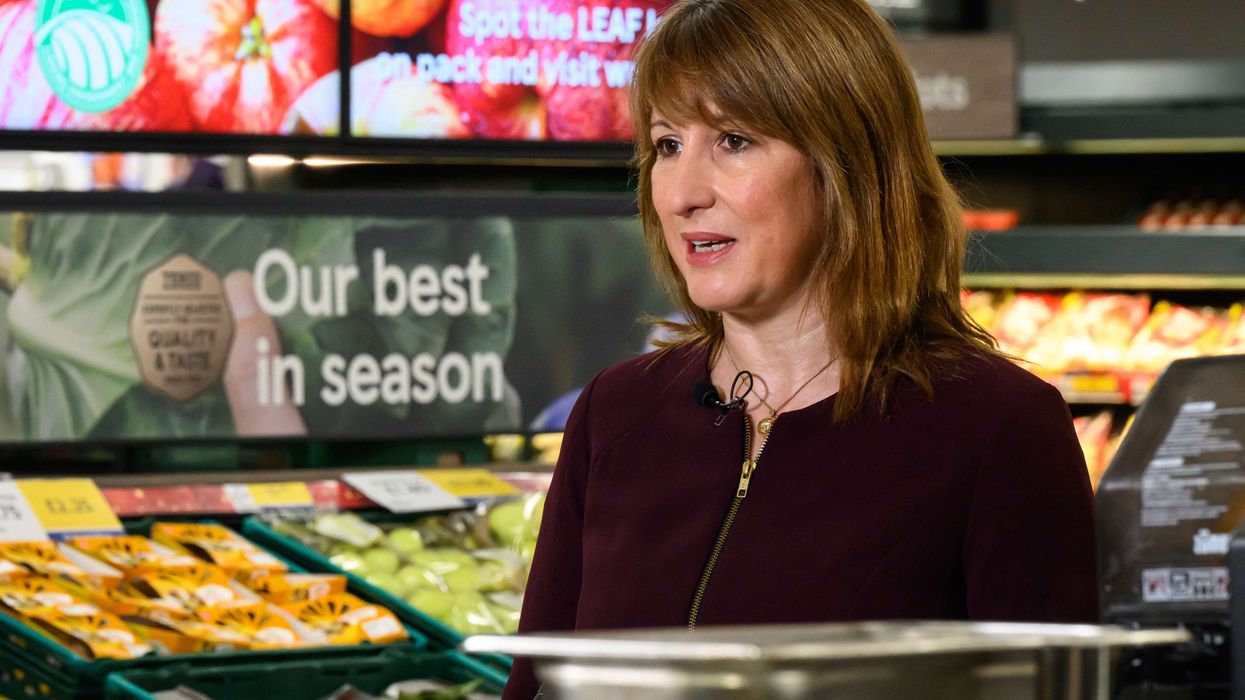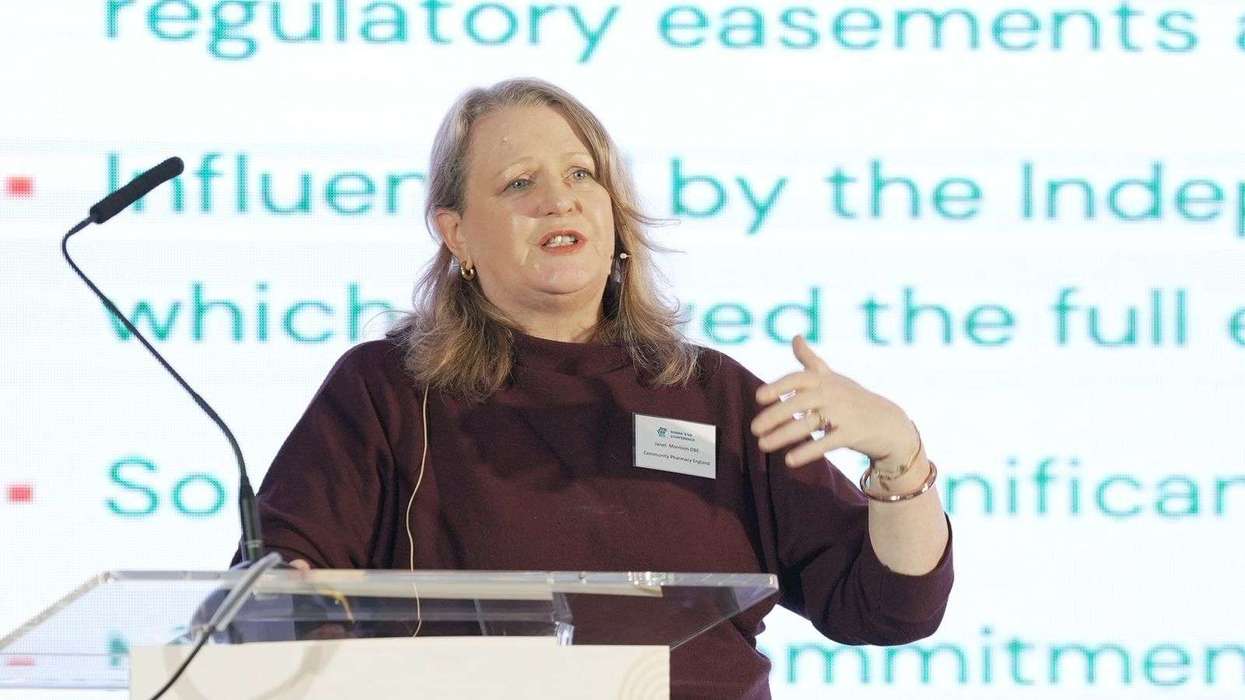Key Summary
- Neighbourhood Health Service will provide space for clinics in communities across the country – bringing an end to the postcode lottery of access to healthcare
- The health centres will be built jointly by the public and private sector, and it will involve repurposing current estate and constructing new buildings
- The Budget is expected to invest £300 million in upgrading health system technology to provide better coordinated care
Chancellor of the Exchequer Rachel Reeves is expected to reiterate the government’s commitment to invest in 250 Neighbourhood Health Centres and slash NHS waiting times in the Budget on Wednesday (26).
The proposed health centres will bring GPs, nurses, dentists and pharmacists together under one roof and start from the most deprived areas.
At the Budget, the chancellor will set out how the government will deliver on the country’s priorities to cut NHS waiting times, reduce debt and the cost of living.
The health centres will be part of a new Neighbourhood Health Service that will help improve access to GPs, prevent complications and prevent delays.
As the Neighbourhood Health Service moves more outpatient care out of hospitals, these centres will provide space for clinics in communities across the country – bringing an end to the postcode lottery of access to healthcare.
Patients will get treatment minutes near their homes, instead of travelling miles to reach hospitals.
Neighbourhood health services will initially focus on improving access to general practice and support people with complex needs and long-term conditions - like diabetes and heart failure - in deprived areas.
As the programme grows, it will expand to support other patients and priority cohorts.
The construction of these centres would involve the public and private sectors, and they will be built by repurposing current estates and constructing new buildings.
The Neighbourhood Health Centres are a key part of the government’s plan to build an NHS fit for the future.
The Budget is expected to invest £300 million in upgrading health system technology to provide better coordinated care.
This will automate administrative tasks, provide swifter access to patient information, and ensure better staff communication.
Reeves said, "At the Budget I’ll set out how we’ll deliver on the country’s priorities to cut NHS waiting times, cut debt and cut the cost of living.
"We’re driving down waiting lists by bringing healthcare to patients’ doorsteps and turbocharging NHS productivity with cutting-edge technology.
"Our record investment, combined with ruthless efficiency and reform, will deliver the better care and better outcomes our NHS patients deserve."
With the productivity at A&E and surgery up 2.4 percent this year, patients are being seen and treated more quickly.
Achieving 2 percent productivity growth is expected to save £17 billion over the next three years, which can be reinvested to improve patient care.
Health minister Karin Smyth said the Neighbourhood Health Centres fundamentally reimagine how the NHS works.
"The Chancellor is rightly boosting investment in the NHS after we inherited a health service on its knees – with Lord Darzi’s investigation uncovering a £40 billion black hole.
"But funding will only get us so far. We need to use every measure available to us, which is why we’re leveraging in private investment to construct some of these centres, making the most of all expertise and every tool at our disposal."
The National Association of Primary Care (NAPC) has welcomed the announcement in the budget of 250 Neighbourhood Health Centres and funding for more technology to support staff in delivering a Neighbourhood Health Service.
Matthew Walker, Joint CEO, NAPC said, "We welcome the investment in improving estate and technology for the benefit of communities and the frontline staff that serve them. We will continue to work with sites and systems across the country to ensure to better integrated services for citizens, improved access”.












